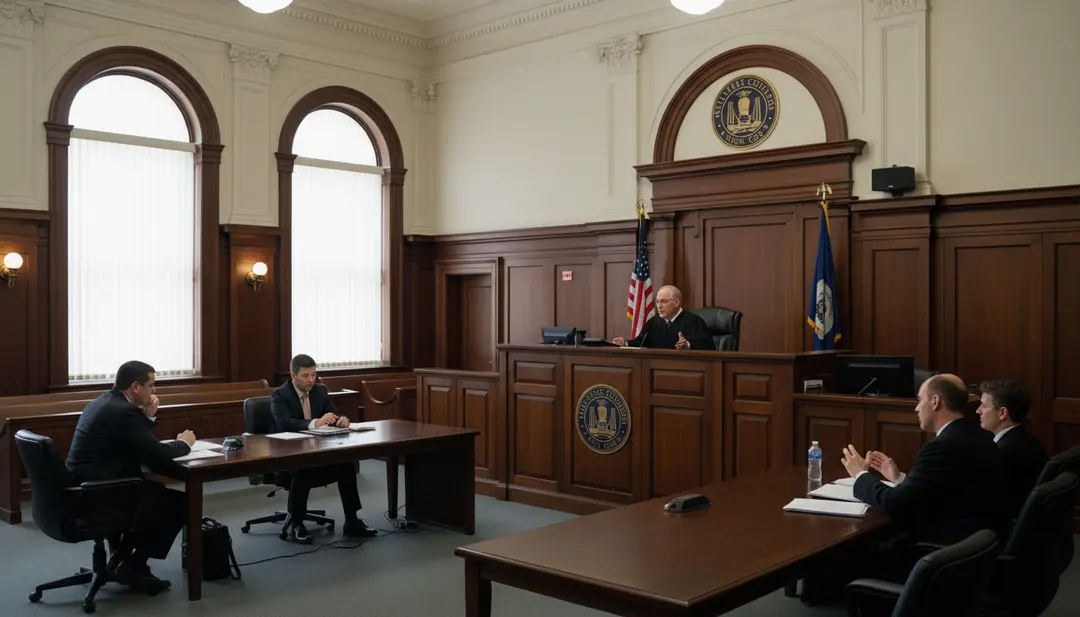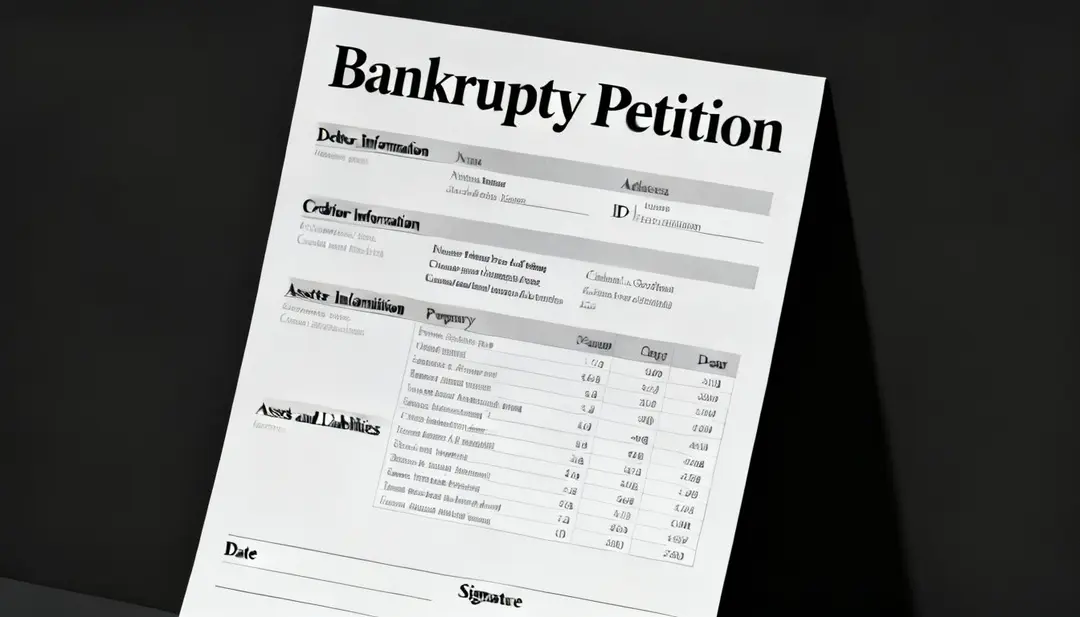Homeowners’ Associations carry a great deal of responsibility when it comes to maintaining the community. HOAs are often required by their governing documents to perform many actions, which may include maintaining insurance policies, paying for water or sewer charges, maintaining landscaping, caring for community facilities such as pools, playgrounds or golf courses, repairing roofing damages, maintaining common element areas, and much more.
HOAs cannot effectively meet these obligations without homeowners paying their assessments. Owners that are unable or unwilling to pay assessments may face legal action collect these unpaid assessments. Here is what you need to know about Assessment Payments.
Obligation To Pay Assessments
All homes located within an HOA are governed by a contract called the Covenants, Conditions, and Restrictions (CC&Rs). By purchasing a property within an HOA, homeowners become contractually obligated to comply with the CC&Rs. Failure to comply is a breach of contract. The CC&Rs obligate homeowners to pay assessments to fund the various obligations of the community.
Special assessments cover expenses which an HOA may not have sufficient funds to pay for from regular assessment payments.
Assessment payments are contractual in nature. A homeowner’s failure to pay these assessments is a breach of contract. HOAs can enforce their contractual rights to assessments by filing a lawsuit against delinquent homeowners when notices, letters, and requests from the HOA are ignored.
Arizona’s Property Lien Law & Foreclosure
In addition to the owner’s personal contractual obligations to pay assessments under the CC&Rs, property located within an HOA have a statutory assessment lien securing the assessment charges. A lien generally prevents an owner from selling or refinancing a property until the lien is released and assessments are paid, as it clouds the title to the property.
Arizona Revised Statutes § 33-1807 and 33-1256 provide the statutory basis for the assessment lien. This statute provides that as soon as assessments become due, a lien is automatically placed against the property. HOAs frequently record a lien in their local county recorder’s office to make a public record of the lien in the event the home is refinanced or placed for sale..
When demand letters, breach of contract claims, and liens against a property fail to obtain payment of delinquent assessments, an HOA has the power to foreclose on its assessment lien. Foreclosure provides an avenue for HOAs to collect assessments, late fees, collection charges, attorney fees, and court costs for filing the foreclosure lawsuit.
HOAs may only employ the foreclosure option if one of the following is satisfied:
- Assessments have not been paid for a period of one year; or
- $1,200.00 or more in assessments are outstanding.
If either prong is satisfied, an HOA may proceed to collect the assessments due through foreclosure.
When evaluating a claim for foreclosure, it is important to note that some properties may already have liens in place. State and federal tax liens and first mortgages have priority over an HOA assessment lien. Other liens can include judgment liens, a second deed of trust, or a home equity line of credit. The HOA assessment lien is superior to these liens. It is important to discuss the implications of these liens in relation to the foreclosure process with your attorney.
Procedure To Collect Delinquent Assessment Fees in Arizona
Before an HOA can send an account to collections, homeowners must be afforded at least 30 days’ notice. The notice must be in writing and mailed via certified mail to the homeowner’s address. This is requirement is set out in A.R.S.. § 33-1807(K) and A.R.S. 33-1256 which also outline that the notice must be boldface typed or in all capital letters. It must also include the contact information of the representative of the HOA that the homeowner can contact to discuss payment. The notice must also provide the following statement:
Your account is delinquent. If you do not bring your account current or make arrangements that are approved by the association to bring your account current within thirty days after the date of this notice, your account will be turned over for further collection proceedings. Such collection proceedings could include bringing a foreclosure action against your property.
Once a homeowner is provided the statutorily required notice, and fails to satisfy the delinquent assessment balance, an HOA may send a homeowners’ account to collections and enforce its rights under contract and statute.
Find a Law Firm Dedicated to Representing HOAs with Assessment Collection
Whether your HOA is planning changes to your assessments or having issues with collection, The Brown Law Group can offer a many benefits to your association. Our experienced team of attorneys and collection specialists only represent HOAs and condominium associations in Arizona. We offer an alternative to the traditional hourly billing and it’s one of the major reasons we lead the state in HOA assessment collections. Contact us today in our Tempe office at 602-952-6925 or our Tucson office at 520-299-3377 to schedule an initial consultation. You can also make an appointment on our contact us page.
The Brown Law Group provided this article for informational purposes only and it does not create an attorney-client relationship.












![Does an Arizona HOA Need to Update AZCC Records After Changing Management Companies? [2025 Guide]](https://cdn.prod.website-files.com/66b97099f8f1d06c15fb6dbe/68bf09165df481aa44c0f29d_corporate-change-management-leadership-transition.jpg)
